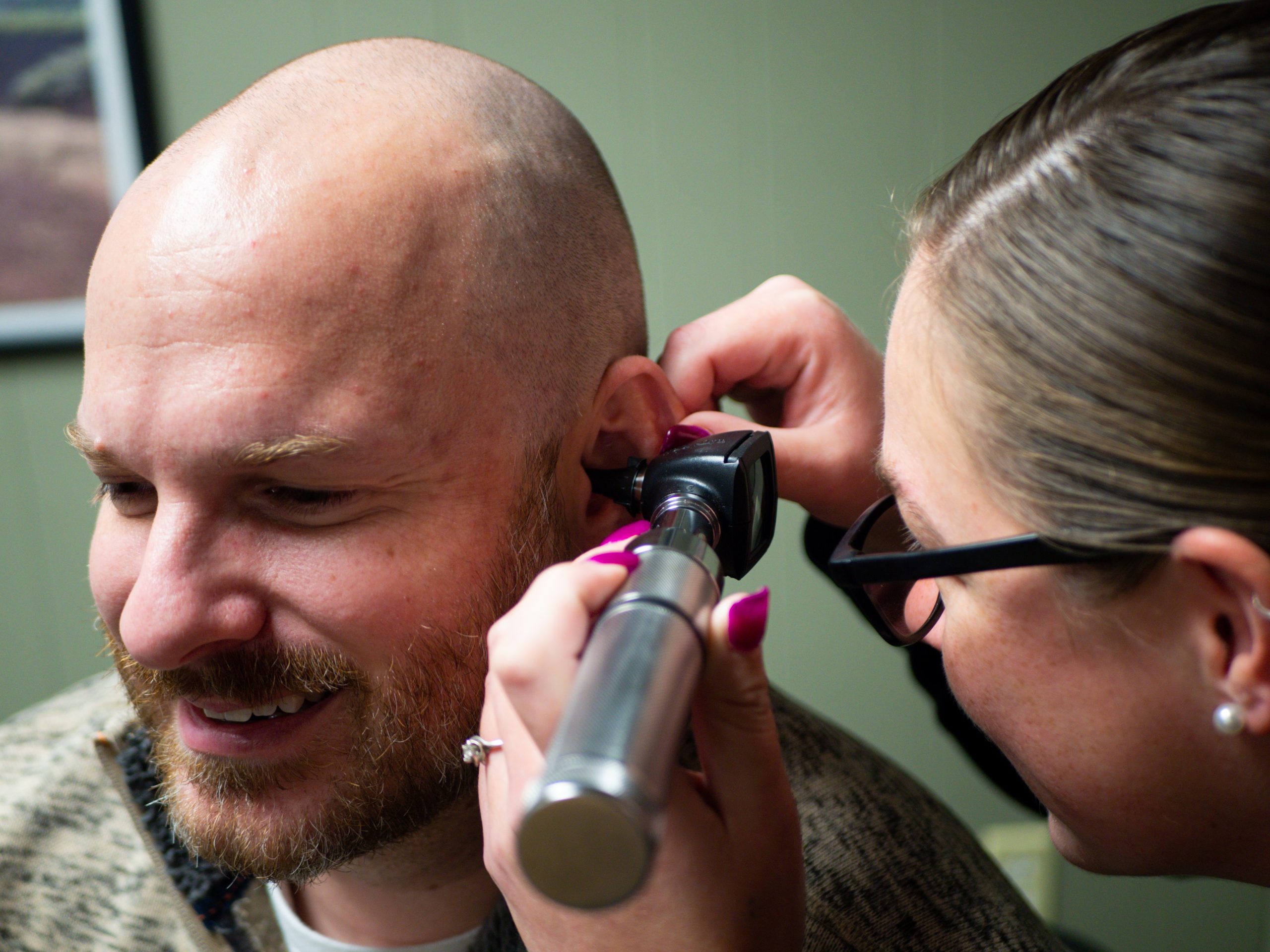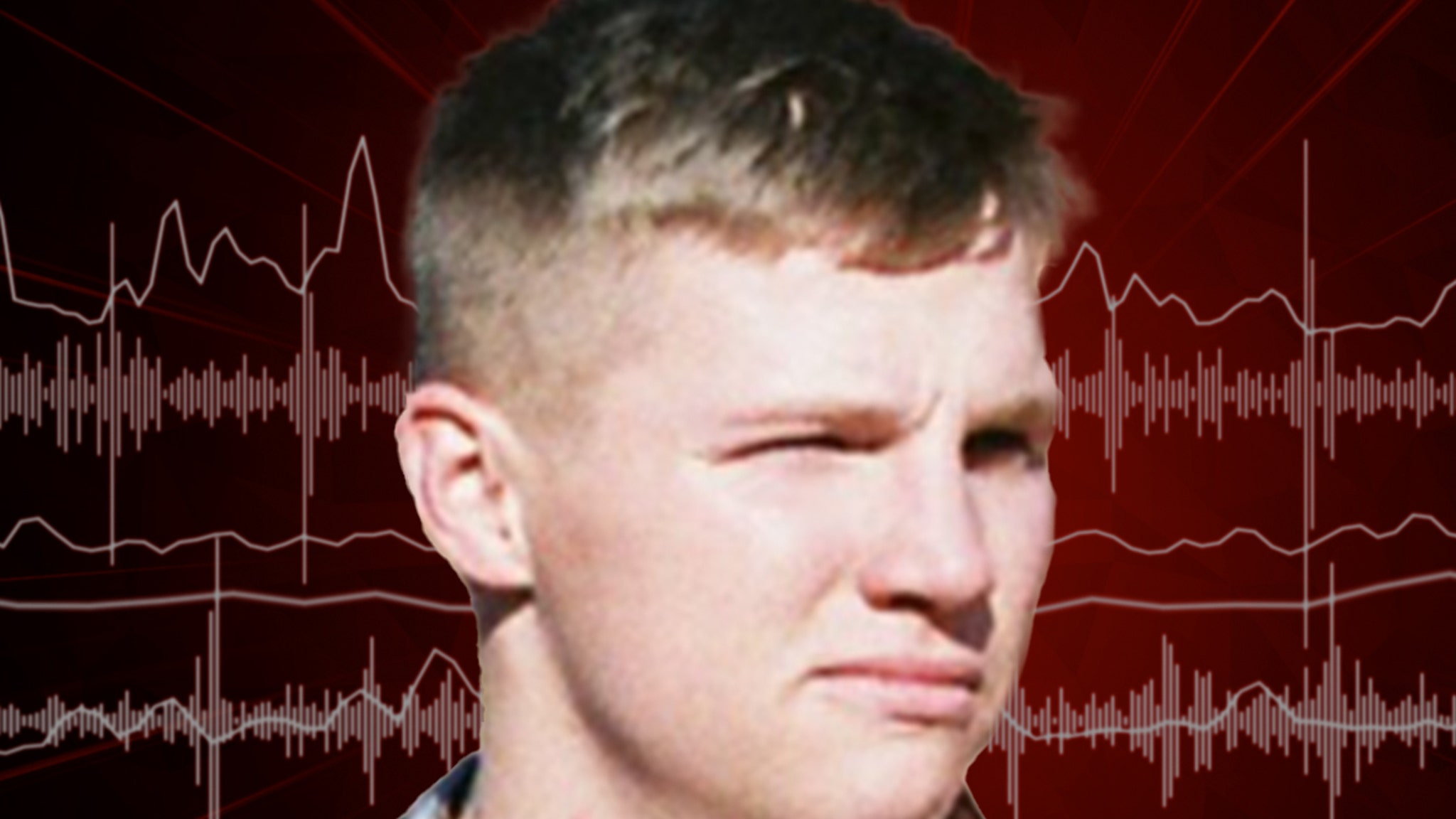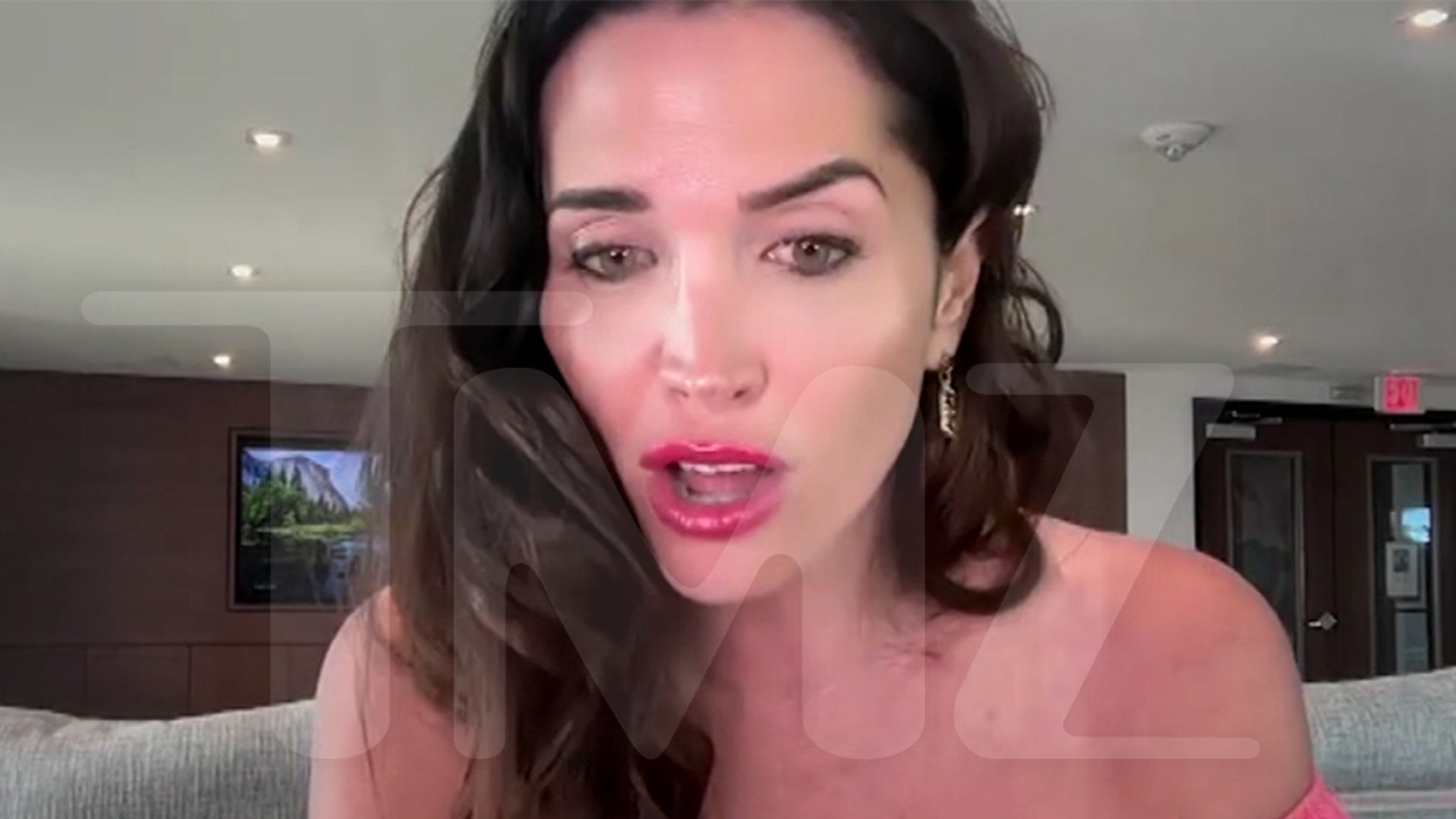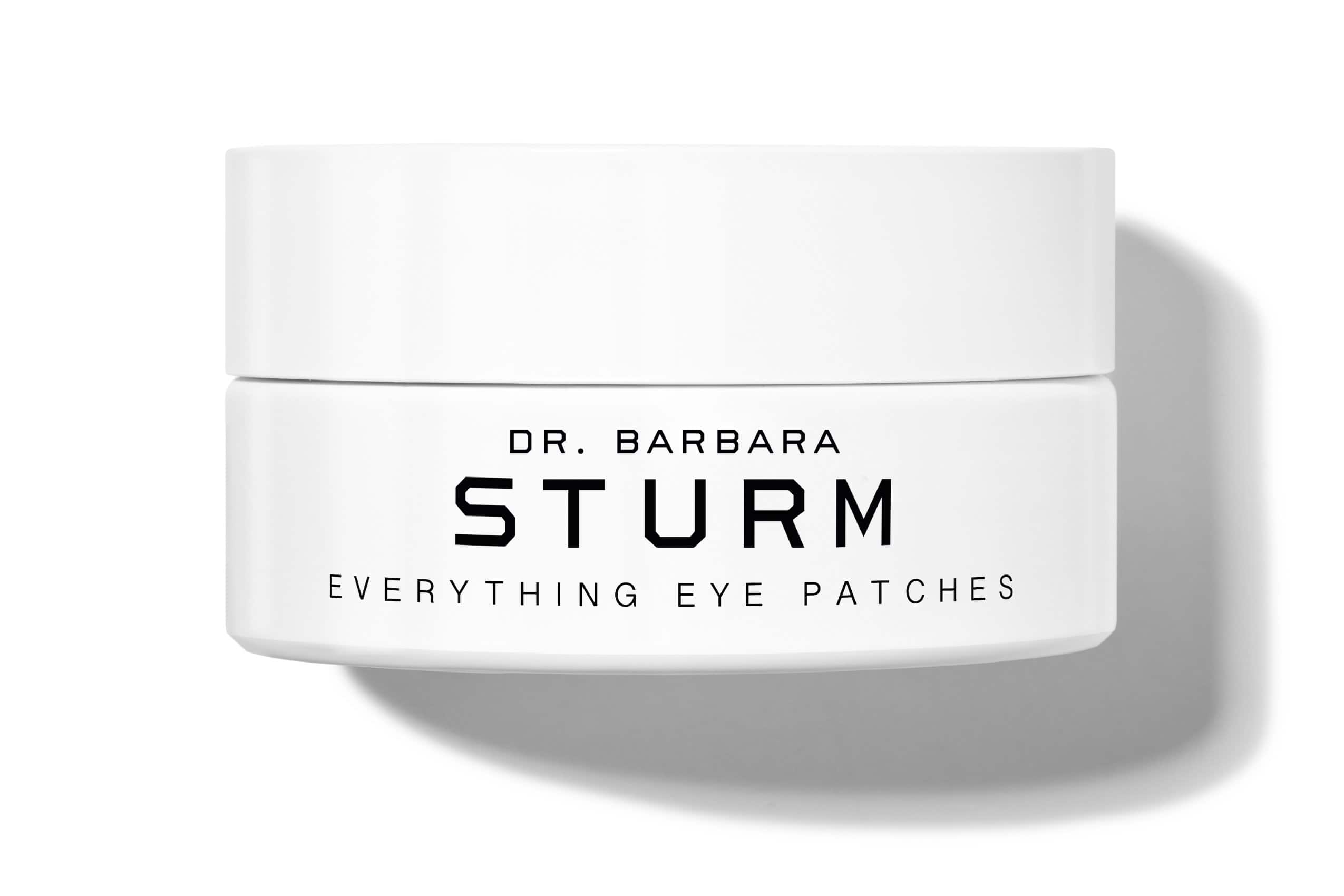
High frequency hearing loss is a condition that causes issues with hearing sounds that have a high pitch, along with problems comprehending fast speech. This type of hearing loss is often the result of damage to the hair-like structures located in the inner ear.
Frequency refers to the vibrations that are made each second by a sound wave. A sound that is measured at 2000Hz will vibrate two thousand times per second. The pitch or frequency of a sound is not the same as the intensity. Intensity refers to how loud the sound is.
High frequency hearing loss can be developed by anybody, but there is a higher risk of it developing the older you are. Exposure to high frequency or loud sounds can also cause ear damage, which leads to this condition. Keep reading to find out more about the causes, signs, and symptoms of high frequency hearing loss, what to do about it, and how to keep your ears safe.
Symptoms
With high frequency hearing loss, you may struggle to hear some sounds more than others. Some of the sounds that might cause problems for you with this condition include children’s or women’s voices, doorbells, the beeps made by appliances or phones, birds, and some animal sounds like a cat’s meow. If you have been having trouble hearing sounds like this, and want to find out if high frequency hearing loss is the problem, then you can get a free audiogram online.
Is High Frequency Hearing Loss Permanent?
In the US, high frequency hearing problems are very common, with over twenty million people exposed to high noise levels in the workplace. It is often impossible for hearing loss to be reversed once there has been damage done to the inner ear structures.
Damage to your hearing can be conductive hearing loss, sensorineural hearing loss, or some combination of both of these. Sensorineural hearing loss occurs more often. It happens when there is damage to the auditory nerve or the hair cells that are located in the inner ear, inside the cochlea. It is usually a permanent type of hearing loss but can be improved using cochlear implants or hearing aids.
On the other hand, conductive hearing loss isn’t as common. This involves damage or a blockage in the middle or outer structures of the ear, such as a broken bone in the ear or a build-up of ear wax. This hearing loss might be reversible in some cases.
Common Causes of High Frequency Hearing Loss
Sound travels from the outer ear through the ear canal and to the ear drum. In your middle ear, there are three bones, which carry the vibrations from your ear drum to the cochlea.
In the cochlea, there are hair cells that have tiny projections known as stereocilia, which create neural impulses from sound vibrations. If there has been damage to these hairs, high frequency hearing loss may occur.
Aging
Hearing loss that is related to aging is quite common in older adults, with around one in three people over the age of 65 suffering from some kind of hearing loss. Hearing loss affects around half of adults who are over the age of 75.
Noise Damage
Both overly loud sounds and high frequency sounds can lead to hearing damage. For example, often using headphones that are set at a very loud volume can lead to permanent and irreversible hearing loss over time.
Tumors
Tumors known as acoustic neuromas can press on the auditory nerve, leading to tinnitus and causing hearing loss on one side.
Infection of the Middle Ear
An infection of the middle ear may lead to a build-up of fluid and cause a temporary loss of hearing A serious infection may also cause the eardrum or other important structures in the ear to become permanently damaged.
Medications
Some ototoxic medications can lead to hearing impairments, harming the auditory nerve or inner ear. Some antibiotics, non-steroidal anti-inflammatory drugs, and some medications for cancer treatments have potential hearing loss listed as a side effect.
Genetics
In some cases, hearing loss can be somewhat genetic. People may be more predisposed to developing hearing loss if a close relative such as a parent also has hearing loss.
Meniere’s Disease
Meniere’s disease is a condition that affects the inner ear and leads to hearing loss that may fluctuate, vertigo, and tinnitus. A build-up of fluid may be caused by a viral infection in the inner ear, leading to this condition. This might be caused by several things including an immune response, a viral infection, genetic predisposition, or blockage. It will generally only affect one ear.
How to Manage High Frequency Hearing Loss
Most of the time, high frequency hearing loss that is sensorineural will be permanent. It is most often caused by damaged hair cells within the cochlea. If you suspect that you might have this condition, then it is a wise idea to get a hearing test. A hearing aid designed to target high pitched sounds might be the best way to manage it.
How to Prevent High Frequency Hearing Loss
If you don’t have high-frequency hearing loss but are concerned about the potential to develop it in the future, then the good news is that there are some things you can do to prevent it. It is important to avoid any high-frequency or high-noise sounds as much as possible, as being exposed to sounds over 85 decibels even one time can lead to irreversible loss of hearing. If you use earbuds or headphones to listen to music, keep the volume lower. Most smartphones today will help you with this by showing a warning if your music is loud enough to potentially damage your hearing. Using earplugs or earmuffs whenever you are in a situation where you may be exposed to loud noises is also worth doing.
High frequency hearing loss can have many causes but is most commonly caused by damage to the inner ear. If you are struggling to hear high pitched sounds, this might be the cause.
You can view the original article HERE.





























